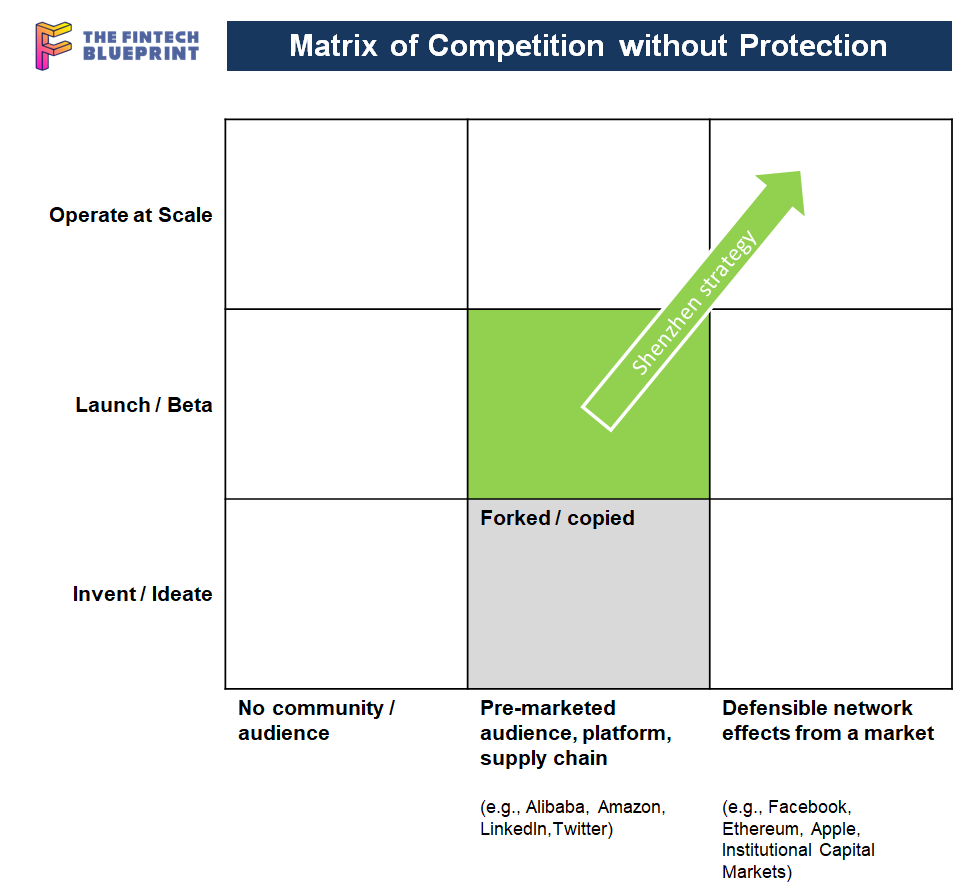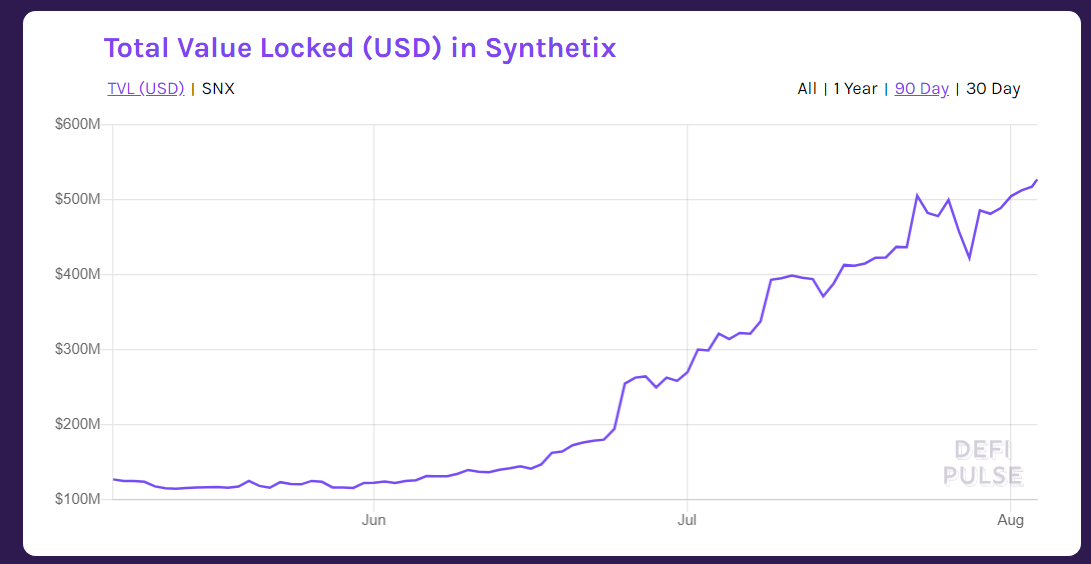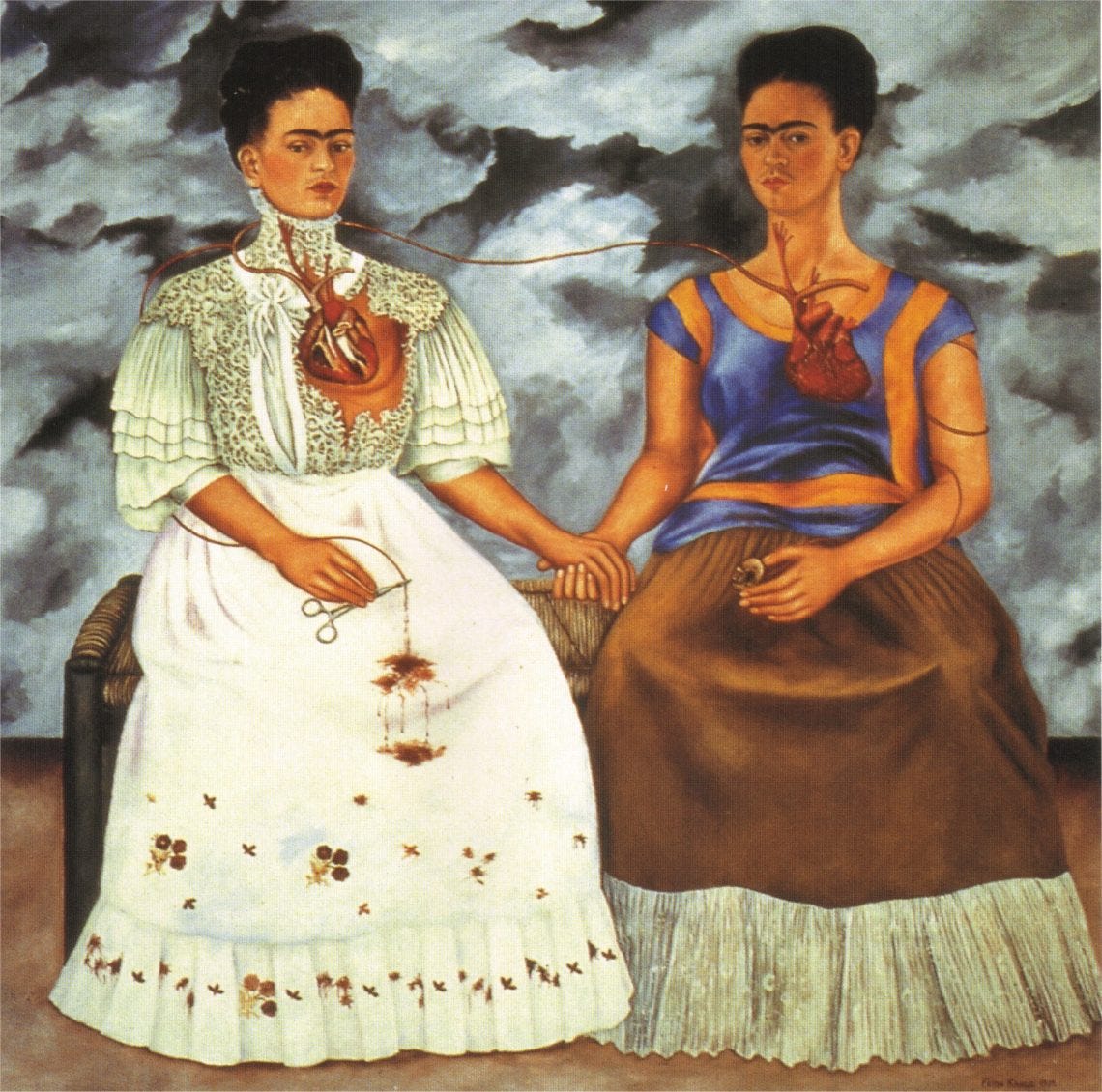Long Take: The symbolic battle over TikTok, intellectual property, and blockchain-based finance
Hi Fintech futurists --
This week, we look at:
The 10% collapse in GDP across the US & Eurozone, and how it compares with China's second quarter
The geopolitical battle over TikTok, its alleged spying, and understanding the winners and losers of the Microsoft deal
A framework for how to win in open source competition, explaining both Shenzhen manufacturing success and decentralized finance growth to $4 billion
For more analysis parsing 12 frontier technology developments every week, a podcast conversation on operating fintechs, and novel food-for-thought essays, become a Blueprint member below.
Long Take
We are not fighting each other because it is fun, or because there is just something in the human spirit that feeds off competition.
We are fighting each other because of tribal pain. And because to yell in anger is the natural reaction.



The West has had the worst quarter in recent economic history -- down 10% both in the US and the Eurozone. I've written before how the shock of opening up to capitalism in the USSR led to a 45% GDP collapse over half a decade, resulting in life expectancy decreasing by 10 years for the average Russian due to alcoholism and violence. We aren't going to see something of that scale in the US, but we will see continued social unrest, deep racial tension, and structural refactoring. Perhaps this is productive stress. More likely, it is a pressure cooker with a hefty price.
China, it appears, is holding up a bit better in the coronovirus environment, based on stronger national control over people, technology, and narrative. The country's second quarter saw 3.2% relative GDP growth; though arguably the first quarter collapse was sharper. Its geopolitics have expanded the country's control over Hong Kong, and its investment into artificial intelligence and blockchain continue to be a strawman for the West. Its fintech giant Ant Financial will IPO in Hong Kong with a $30 billion offering at a $200 billion valuation.
And now these tensions comes together in a farcical, buffoonish way around TikTok.

That's how most people see this app. TikTok helps teens socialize and negotiate popularity. It creates memes and celebrities through algorithmic recommendations.
But this is how other people see this app -- including Donald Trump and the American national security apparatus. A Trojan horse pulling private data and various functional information from a global user base of 1.5 billion people (80 million in the US) into the machine learning maw of the Chinese Communist Party.

I guess? I can't really parse the claims around TikTok in a substantive way. The basics are:
Tik Tok was big in Asia before an American competitor was purchased and re-branded for $1B: Bytedance Technology Co closed the popular Musical.ly video app it acquired for nearly $1 billion in December and will move users to a revamped version of its homegrown competitor TikTok
Theories, including conspiracies, are rampant: There's a whole subreddit of people trying to reverse engineer Tik Tok and making claims about its data practices, including storing the contents of someone's mobile clipboard
The Chinese state may have a reason to scrub content outside of trying to spy on the US: TikTok—Yes, TikTok—Is the Latest Window Into China’s Police State, Expat Uyghurs are gaming the social platform known for fluff to find loopholes in Xinjiang’s information lockdown.
TikTok is practically kicked out of the US, needing to hand over American operations to an American company, with MSFT in the lead. White House puts Chinese apps on notice as Trump gives TikTok ‘45 days’ to reach Microsoft deal
The end result is likely a windfall for Microsoft. Remember that Microsoft, which among with Apple, Facebook, and Amazon form a $6 trillion Voltron that is the US tech economy. While everything else collapsed last quarter, the tech giants printed $28 billion in profit. Apple alone has a $200 billion cash pile, about a third of the PPP small business loan balance sheet for the entire economy.

I like Microsoft. They make nice spreadsheet software in the cloud!
They also lost the mobile wars, the search wars, the browser wars, the social wars, and the payment wars. TikTok would be a nice pickup in a game of oligopoly with Facebook. Granted, it would have been more generous and competitive to give TikTok to, say, Twitter or Snap. Those companies are still in the attempted business of not being owned by Facebook.
But we live in a world where Kodak is given a $765 million loan to make a coronovirus vaccine after failing to make money from its crypto initial coin offering. So why bother asking questions!
Deeper Questions
Let's drop the snark and filter for some wisdom in the whole mess.
The middle road would suggest that TikTok is indeed more aggressive in gathering user data for processing than the other social networks, but that it may have business or compliance reasons to do so. The American social networks are also keen to over-gather data, but they do so under a business model context they inherited out of the rise of the Internet. Further, the current economic pressure from the virus is likely yielding unsavory jingoism and performative short-term punishment to distract from the presidential election in a historically stressful year.
With those issues out of the way, the interesting bit that remains is intellectual property and open source competition. This is the common complaint about Chinese business -- that patents and copyrights are not respected, and used for that nation's betterment. If only they did not "steal" Western technology, they would not be so far ahead -- goes the argument. I don't quite buy it.
In particular, I don't quite buy it because of what is happening on Ethereum and public blockchains. You might have noticed that ETH and BTC had both strongly appreciated over the last week. There are many narratives floating around as to why this happened, but the most straightforward one is the rise of decentralized finance, with its $4 billion in collateralized lending. Another narrative would be the technical upgrade of Ethereum 2.0, which is meant to start going live shortly. Forgive me for talking about price -- but in this case, it appears to be a nice proxy for adoption.


How was this technology able to grow, pulling in billions in financial assets and millions of users, without any protection on intellectual property at all? All of this is open source software, which you can download, audit, copy (i.e., fork) and redeploy. It is a technology that has been under study in China for nearly 5 years, and remains open, competitive, and becomes only stronger when integrated into the Chinese Business Services Network.
The Framework
The short answer is that there is a clear distinction between a defensible network effect that accrues from operating a market, or a value chain of industry players, and the technology itself. In the past, you would sequence the creation of the idea, building it from scratch, and then blitz-scaling it in a linear fashion. If it took a long time to create an idea, you would want legal protections that allowed you to then build it and profit from it. If somebody copied your idea immediately, it would appear that the time spent on research and development was essentially stolen. Thus, recourse to the law.

I often reread this article describing the Shenzhen manufacturing hub as "open source manufacturing". It articulates how Shenzhen rose to become a global leader in hardware, with Chinese firms building gadgets off Kickstarter before the original campaigns had even finished. Housing the factories that made branded Western goods, the Eastern generics had the same quality and came from the same assembly lines. The ideation phase of the entrepreneurial journey was skipped by copying, and resources were focused on lighting-fast execution.
In addition to having the manufacturing speed and engineering talent to actually build the goods, the firms also had another advantage. That advantage was a storefront on Alibaba, and a supply chain that powered a similar storefront on the Amazon marketplace. Thus, not only could something be made quickly, but it could be sold on a platform with a built-in audience. It is this second part of the equation that most exacerbates the intellectual property complaint. If the entrepreneur had locked in their audience through brand affinity, the generics would not meaningfully matter.

But decentralized finance protocols, social media networks, and marketplaces like Amazon and Alibaba demonstrate another principle. Even before you launch any particular product, you may be able to establish your niche and create a pre-commercial footprint. That footprint can have the characteristic of a large, engaged following. Or, it could be your approved store profile on Amazon, or the inside track with the Apple iOS mobile application approval team, or an existing set of trading partners in institutional finance.
Take a moment to read this thread from the founder of the Synthetix protocol, a DeFi tool that allows people to create derivatives -- link here. It is an explanation of how to grow from $100 million to $500 million by engaging the community with economic participation.


Within the boundary of our framework, you start first by building out community participation through token distribution. People pay for the expectation of the delivery of the product, and are aligned for the longer term. Then, you implement DAO (decentralized autonomous organization) governance, which drives engagement and allows the community to fix mistakes. The combination of the two recursively lands you into the upper right quadrant of a scalable software with a defensible market network.

Of course, this can go entirely wrong. The community might plunder a project instead of supporting it, like a management team paying itself bonuses in a leveraged buy-out. There might be low participation and a lack of direction, if an insufficient number of people are engaged. But at the very least, we have a strategy.
This is similar to what incumbents do with their existing customer footprints. When rolling out new products, Facebook, Amazon, JP Morgan, and the rest, already have millions of people aligned with a brand tied to a commercial relationship. Launching a new product to this audience is orders of magnitude cheaper than acquiring users from scratch. And similarly, incumbents can capture innovation and ideation through corporate venture investments. This practically copies (or inexpensively acquires) product ideas for distribution.

Finally, we can see where copying a product without having an existing commercial community doesn't have any positive effect. Take for example the forking of Bitcoin into Bitcoin Cash, or any other 50 or so clones of the coin. Or alternately, even the more contested forks like Ethereum Classic do not really compete for the dominant spot given the much smaller market presence.


When looking at prescription drug revenue, we can see that about 80% of it comes from brands, and 20% from generics. This would be a fair assumption to carry over to our thought experiment about copying software.
Is it really worth it to posture about a global technology Cold War over 20% of the market? It is also possible that the 20% captured by the generics is a separate user niche entirely, with a different collection of preferences (e.g., more price sensitive), and therefore copying grows the overall pie.
So it goes
Let's find a poetic end to the discussion.
Decentralized lending aggregator Yearn.Finance (YFI) has seen somewhere between $200 and $400 million in value flow through it over the last month after distributing a reward mechanism to its community. That's the model we sketched out above.
Within a week or so, the project was copied in China, launched as YFII, and allegedly attracted several hundred million in crypto assets from large Asian investors. This caused a number of Western projects, like Balancer, to freak out and hide YFII from their interfaces (i.e., censor it) even though the code continued to execute on permissionless global networks. As people dug in further and tried to engage with the Chinese DeFi community, they saw a large WeChat group that was being used as a governance mechanism for the cloned project.
Was it a scam? Was it gambling? Was it a speculative project? Does it hurt the economic share of Yearn.Finance? Or does it open up a new market for ideas and exchange? Should DeFi projects censor scams, or imitation, or theft? Does it matter?

I'd like to think there is a parallel world version of me, sitting in front of a screen on some Monday afternoon, agonizing over the human condition through the lens of Fintech themes in another language. Maybe there is another *you* as well, reading that other text, and wondering about your own twin in a strange culture.
For more analysis parsing 12 frontier technology developments every week, a podcast conversation on operating fintechs, and novel food-for-thought essays, become a Blueprint member below.



TikTok TikTok - sounds like ........... Exactly what I been saying